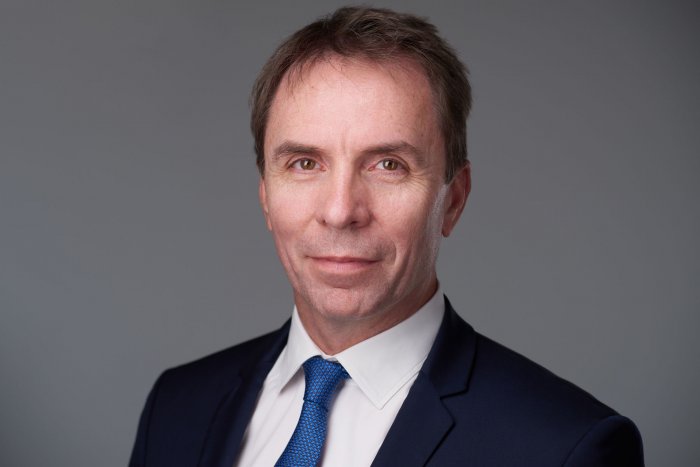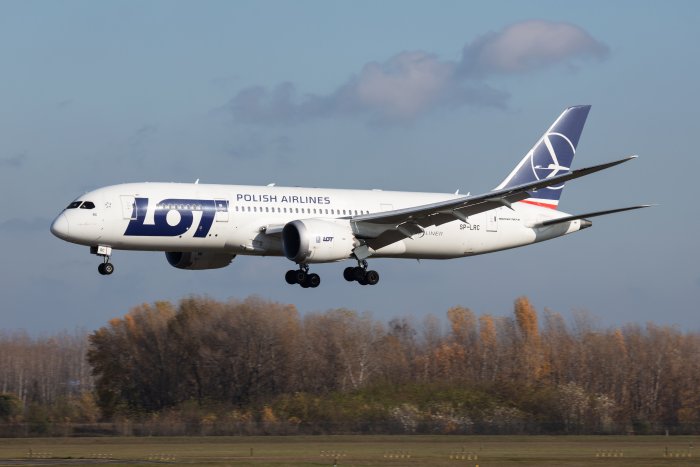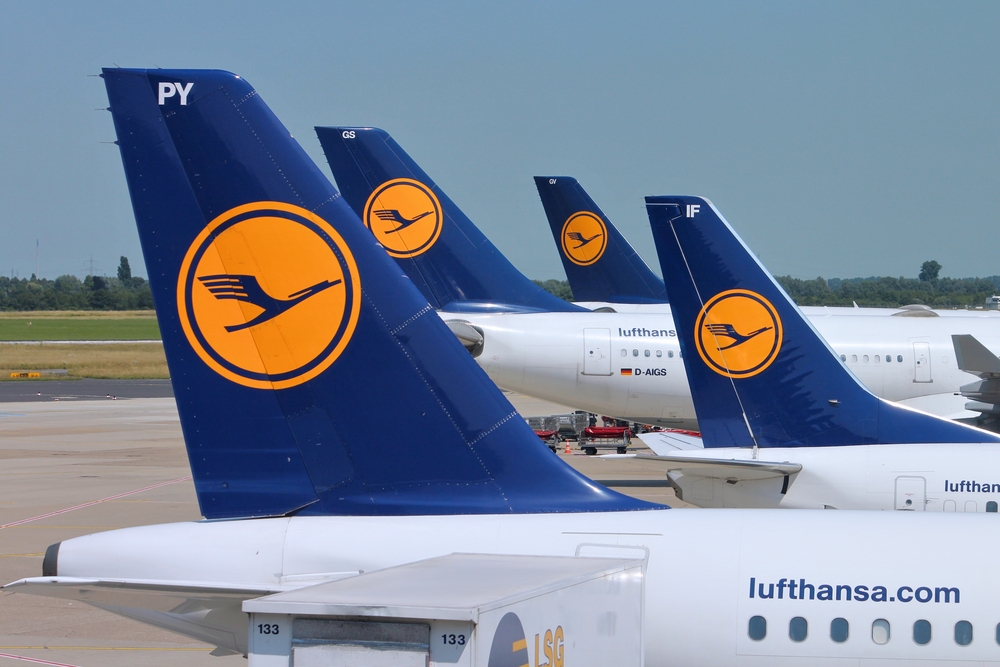Wizz Air’s Váradi: ‘Growth Will Continue’

József Váradi, CEO of Hungary-based Wizz Air, often billed as Central Europe’s largest low-cost carrier, talks to the Budapest Business Journal about the impact of COVID on the company, his distrust of state-aid, and what he thinks the future of the airline industry will look like.
József Váradi
BBJ: How has the coronavirus affected the operations of Wizz Air?
József Váradi: It was around mid-March when governments introduced restrictions in air travel, thus limiting the playing field of the airlines. Wizz Air hit bottom in April, when 97% of our fleet was grounded with only 3% in the air, mainly doing repatriation and cargo. Between March and June, we had 130 cargo flights, mostly to and from China carrying medical supplies. In July, compared to the same period of 2019, more than 70% of our fleet was again in the air. This compares with an industry average of 40%.
BBJ: What accounts for this difference?
JV: There are a number of reasons we are doing better than the rest. For one, we are much more resilient from a financial viewpoint: we have a large free-use cash reserve of EUR 1.5 billion. If all our fleet were grounded for two years, we would still be on the market. In a crisis, the cost structure of a company matters a lot. Despite the fact that flying doesn’t entail a real risk of infection – no cases has been registered following a flight yet – people have this perception of flying being risky. It is important that we respond correctly, by offering discounts, for example.
We also have diversified our operation: we have shifted 25% of our capacity to new markets and set up eight new basis since spring.
BBJ: You also let go of roughly 20% of your staff with the promise of taking them back once you could. When do you expect that to take place?
JV: We took a number of decisions to improve our cost structure. The global air travel industry has never faced a shock as this one before, we have to adapt our business processes to these new challenges. We renegotiated all our existing contracts, which trimmed all the unnecessary elements. We had to let go of 19% of the staff but we are planning to re-hire them; I calculate this can start at the beginning of next year at the earliest. First, the pilots and the cabin crew. The salaries of the office employees were cut by 15% for this year but we are planning to raise them back to their previous levels in the first quarter next year. Senior-level staff saw a 20% cut.
I believe we are the winners of this situation: we are able to handle the crisis more effectively, can enter or acquire new markets and will come out of this stronger than before.
BBJ: What do you think the new normal is going to look like? How long until the industry recovers and becomes prosperous again?
JV: I disagree with those saying the industry is going to turn on its head. Some things will change, but some will remain the same. Just look at how fast the world returned to normal after 9/11, when everyone said the opposite. In the short run, there may be some changes in the health protocols, we have also introduced protective measures to reduce the number of points of contact, or made wearing masks mandatory; the entire industry has taken these safety standards up a notch. But in the long run, travelling is becoming ever more efficient, the purchasing power of people is increasing: growth will continue.
Another element, a less fortunate one, is the re-appearance of states in airlines, either as providers of loans or as owners. This has never worked and caused many problems in the past. It will make the market less efficient, we will basically go back 10-20 years in time. We’ll see how the market will act. We still believe that airlines must operate on their own and have to be weighed by the market. We don’t believe in state-aid and rescue packages. We will continue to work on becoming better than our competitors. In particular in the field of short-haul flights, it is crucial that we keep both our costs and our prices low.
BBJ: You say state interference is not a good way of dealing with airlines’ problems. What then could have been a good solution?
JV: These airlines should have been taken to the market, which would take them apart and would take up the space freed by the elements that prove unviable. Look at Hungary. When Malév, the national airline, went bankrupt, Budapest Airport saw eight million passengers a year. Last year it saw 16 million. There is no other airport in Europe that has seen such a dynamic growth. Why? Because more efficient airlines replaced less efficient capacities, which has made Budapest Airport more attractive for customers. The same would happen for Lufthansa, if it weren’t for the state’s interference.
BBJ: When are you going to attain your previous financial and operational figures?
JV: The right question to ask is when the industry will recover, which is not the same. It will take a while, two-three years maybe, as trust in air travel, in long-haul travel has been shaken, and there are countries that are still closed down. It is rather unpredictable; I envision more of a rollercoaster-type recovery with improvements and setbacks that will end with the arrival of the vaccine.
As for Wizz Air, I think we will return to our previous operational levels within a year. With 77% capacity currently, we are still ahead of the market. I calculate that by next summer we will reach our former levels. We may not be operating by the very same structure, we may not have the same capacities we had before but we will adapt to market demand and the business environment. But this is exactly why we have started to add destinations and routes, so we have more opportunities to allocate our capacities where demand arises.
BBJ: There has been some controversy surrounding your bonus payment.
JV: There is a huge misunderstanding about the question of the bonus, which is related to last year, not this year. It has not been paid to this day, as we thought that in order to ease cash pressure on the company, its payment would be postponed for some time next year. Also, the remuneration of the management affects 40 people. It is based on three pillars: there is a base salary and a variable pay, the bonus, which is not really a bonus but rather part of the salary. And there is a shareholder program, the aim of which is to align the interests of the management and the shareholders. This year, the management, these 40 people, have waived a part of their base salary and a substantial part of their bonus which, I think is model behavior. Unlike most European airlines, Wizz Air’s senior management and the entire staff undertook significant pay concessions this year to contribute to the company’s efforts to navigate through the COVID-19 situation.
SUPPORT THE BUDAPEST BUSINESS JOURNAL
Producing journalism that is worthy of the name is a costly business. For 27 years, the publishers, editors and reporters of the Budapest Business Journal have striven to bring you business news that works, information that you can trust, that is factual, accurate and presented without fear or favor.
Newspaper organizations across the globe have struggled to find a business model that allows them to continue to excel, without compromising their ability to perform. Most recently, some have experimented with the idea of involving their most important stakeholders, their readers.
We would like to offer that same opportunity to our readers. We would like to invite you to help us deliver the quality business journalism you require. Hit our Support the BBJ button and you can choose the how much and how often you send us your contributions.








